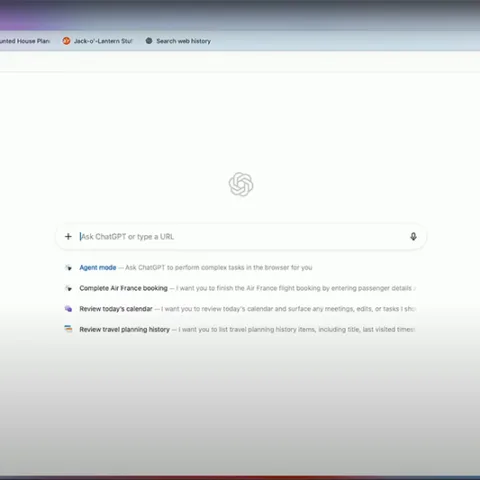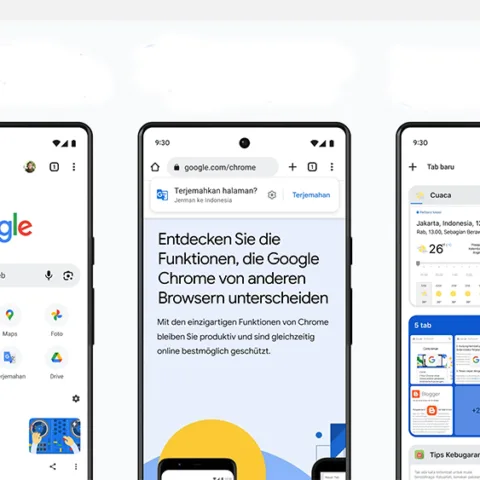The never say die team at Opera today announced that its browsers are now being used by 300 million users worldwide across various kinds of devices including PCs, mobile devices, and televisions. At the same time, it announced that it will be adopting WebKit for future versions of its browsers marking the end of Presto, its own rendering engine. WebKit is currently the number one browser engine which powers Google Chrome and Apple Safari both on mobile and desktop environments.
While Opera has never had a significant share among desktop browsers, its mobile apps ruled the field, that is, until smartphones came along and brought their own modern browsers. Apple’s Safari on its mobile devices became a driving force for website developers to focus their attention to WebKit thanks to the popularity of the iPhone and iPad. When Google decided to build its own browser, it went with WebKit rather than adopt Gecko which powers Firefox.
“The WebKit engine is already very good, and we aim to take part in making it even better. It supports the standards we care about, and it has the performance we need,” says CTO of Opera Software, Håkon Wium Lie.
Opera’s most popular browser, Opera mini, was the browser of choice for many feature phones due to its speed and advanced capabilities as well as convenience in accessing its menus and functions. It was also highly popular thanks to its ability to compress data delivered from websites to handsets which meant that mobile phone owners can save a lot of money in using the Internet.
With feature phones being pushed aside by more affordable smartphones and data plans becoming cheaper, the need and desire to run Opera mini diminish accordingly. Opera mini was also popular among Nokia’s feature phones but with the Asha series, Nokia now ships Nokia XPress, its own web browser which also has the ability to compress websites and also available for the Lumia phones.
Opera’s lead in mobile browser share dropped as the world increasingly adopts Android as the mobile platform of choice. Opera enjoyed more than 25% share in 2008 but dropped to around 15% according to StatCounter GlobalStats as Android soared to more than 30% as of January this year.
On the transition from Presto to WebKit and Chromium, Wium Lie said, “It makes more sense to have our experts working with the open source communities to further improve WebKit and Chromium, rather than developing our own rendering engine further. Opera will contribute to the WebKit and Chromium projects, and we have already submitted our first set of patches: to improve multi-column layout.”
As Opera lifts resources from developing its own rending engine, it will be able to focus its efforts more on delivering a competitive browser with compelling features. “The shift to WebKit means more of our resources can be dedicated to developing new features and the user-friendly solutions that can be expected from a company that invented so many of the features that are today being used by everyone in the browser industry”, says Wium Lie.
A post on the Opera developer blog explains what it means for web developers. In short, developers can keep coding websites the way they have always been, adhering to web standards as always and extensions made for Opera will still work. The use of Chromium means Opera will get native support for WebM, Ogg Theora, and Ogg Vorbis media codecs but it won’t support H.264 or MP3 unless the operating system supports these codecs. No word as to gestures, M2 (the built in mail client) and other Opera specific features.
The question now is whether consumers will bite and see Opera as a viable option on mobile devices next to Apple’s and Google’s browsers as mobile had been Opera’s stronghold for years. Will you use Opera on your smartphone or tablet if you haven’t already?










